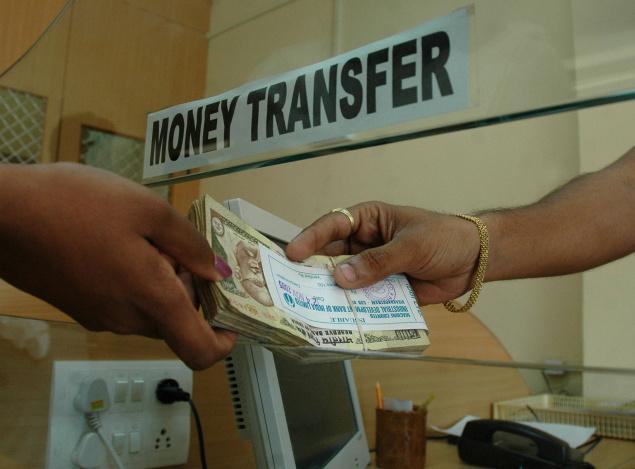The government has banned cash transactions of Rs. 2 lakh or more from April 1, 2017, through the Finance Act 2017, Now Cash transactions of over Rs. 2 lakh entail levy of 100% penalty on receiver of the amount. It means payee of the money through cash transaction will be penalized by 100% of the penalty. The restriction is not applicable to any receipt by government, banking company, post office savings bank or co-operative bank, the tax department.
Read : Why To Put Taxpayer Money After Bad Public Sector bank ? Said Uday Kotak
The Income-Tax Department has releases the strict notification and advise against such practice and warned people against indulging in cash transaction of Rs. 2 lakh. This is to remember that receiver of the amount will have to cough up an equal amount as penalty.
People are also requested to inform the Income tax department about cash transaction above Rs Two Lacs after through Email Id of Income tax Department to blackmoneyinfo@incometax.gov. in’ . Indian government already has banned the cash transactions of Rs. 2 lakh or more from April 1, 2017, through the Finance Act 2017 under section 269ST in the Income Tax Act bans such cash dealings on a single day, in respect of a single transaction or transactions relating to one event or occasion from an individual. This is to inform by income tax department that “Contravention of Section 269ST would entail levy of 100 per cent penalty on receiver of the amount,”.
Read : Why Banking Sector is Not Happy With GST Implementation ?
Initially the cash transaction limit was Rs three lacs as announced in Budget 2017-18. This limit was further lowered to Rs. 2 lakh as an amendment to the Finance Bill, which was passed by the Lok Sabha in March on advise of Special Investigation Team (SIT) on Black money.
Government has already announced the income tax amnesty scheme PMGKY (Pradhan Mantri Garib Kalyan Yojana) under which people holding unaccounted cash could come clean by declaring their wealth and pay 50 per cent as tax and penalty. Also, a mandatory deposit of 25 per cent of the black money was to be made in a zero-interest bearing account for four years.
